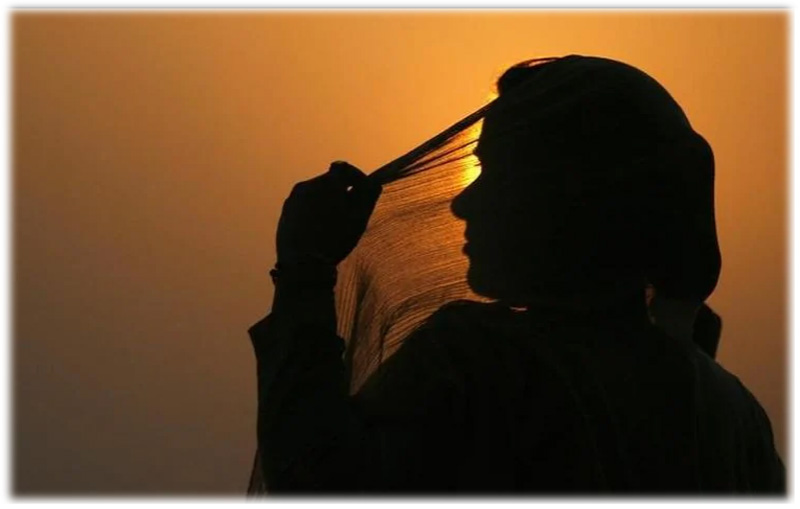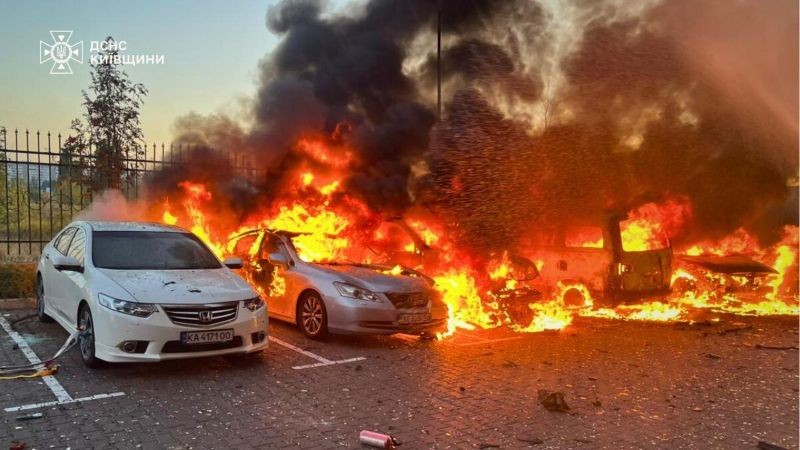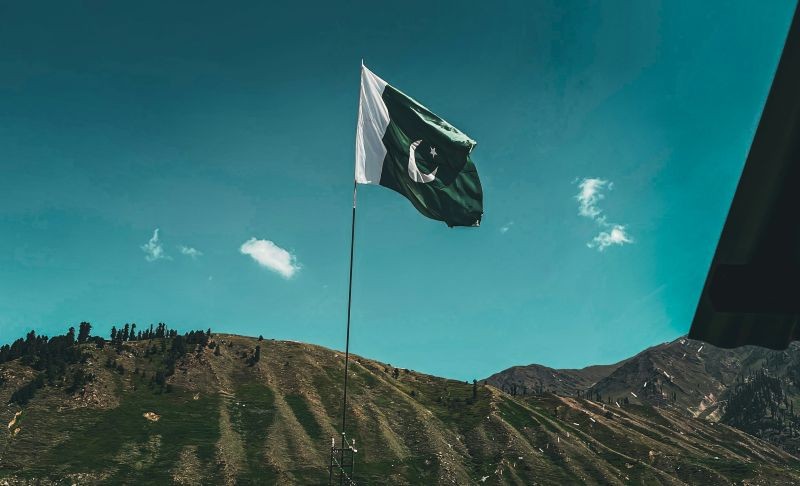Inspiring Women of Punjab: Charting a new path for progress, empowerment, and equality

Over the years, Punjab has emerged as a hub of inspiration and revolution, and its women have played an integral role in charting a new path towards progress, empowerment, and equality.
From education and entrepreneurship to politics, the women of Punjab have been trailblazers in every field. They are breaking down barriers to make Punjab a more inclusive and equitable place for everyone.
The progress made by women in Punjab is impressive. According to data from Punjab State Government, the female literacy rate in the state increased from 70.73% in 2001 to 75.84% in 2011.
Additionally, the state government is making significant investments in women’s education, as demonstrated by the recent establishment of a women’s university in Patiala.
This is a significant achievement, given that female students in the past have been denied access to higher education due to sociocultural norms and expectations.
However, the progress made in education, though commendable, is just the tip of the iceberg when it comes to empowering women in Punjab.
Many women in the state still face discrimination and are prevented from achieving their full potential due to patriarchal attitudes and deeply rooted biases. This reality is highlighted by the gender pay gap in the state, with women earning, on average, 20% less than their male counterparts.
Despite these challenges, the women of Punjab have made substantial strides in different fields, breaking down gender stereotypes and carving out new paths for themselves. For instance, in politics, we see women like Harsimrat Kaur Badal, former Union Minister for Food Processing and a leading figure in the Shiromani Akali Dal, who has advocated for women’s empowerment through affirmative action policies and has worked to address gender-based violence.
Education has also been a critical driver of empowerment for women in Punjab. Women like Dr Kiran Bedi, the first female IPS officer in India and the first woman appointed Director General of Police in India, show that education can break down barriers. Dr. Bedi’s pioneering work in police reform and community policing has been instrumental in transforming the law enforcement culture in the country.
Another great example of inspiring women from Punjab is Inderpreet Kaur Ratol, who became the first woman to lead a Sikh procession in the United Kingdom during the Nagar Kirtan celebrations in 2018. Again, breaking tradition and cultural norms inspired young Sikh women in the UK and India, where women are not permitted to lead such processions. Inderpreet Kaur Ratol’s achievement is a small but significant step forward for gender equality in the Sikh community.
On the other hand, Deepakshi is a young Punjabi woman blazing a new path for herself and her community. She profoundly loves entrepreneurship and wants to start her own business. Like many women in Punjab, Deepakshi is aware of the challenges that she may face. However, she is determined to break down barriers and pave the way for other women like her.
Deepakshi’s story is just one example of how women in Punjab are making strides towards progress and empowerment in the 21st century. However, despite the progress that has been made in terms of education and women’s rights, women in Punjab are still facing significant sociocultural challenges.
One such challenge is the lack of equal opportunities in the workplace. While women’s educational attainment has improved, they still earn less than their male counterparts. The root cause of this gap is the deeply ingrained societal norms prioritizing men in the workforce. This disparity deprives women of their region and prevents them from achieving their full potential.
However, women like Deepakshi have yet to allow these challenges to deter them from pursuing their dreams. The progress that women like Deepakshi are making is a result of the collective efforts of many inspiring women in Punjab. Women like Harsimrat Kaur Badal, Dr Kiran Bedi, and Inderpreet Kaur Ratol are pioneers of women’s rights. They are working to create a better future for the next generation.
To build on the progress that has already been made, we must continue to empower and elevate women’s voices in Punjab. One way to do this is by investing in women’s education and creating opportunities for women in the workforce. Additionally, more prominent female role models and mentors should be encouraged in society and the media to inspire and support young women as they pursue their dreams.
The women of Punjab have made substantial progress in different fields, and their achievements serve as a powerful reminder of the transformative role that women can play in shaping the world around them. As society continues to evolve and progress, it is essential that we continue to invest in and empower women, identifying and addressing the barriers they face so that they can achieve their full potential. We need to elevate and celebrate the stories of these inspiring women, and together, we can chart a new path towards a more inclusive, equitable, and prosperous future for everyone.
(Image and Text: Khalsavox.com)



